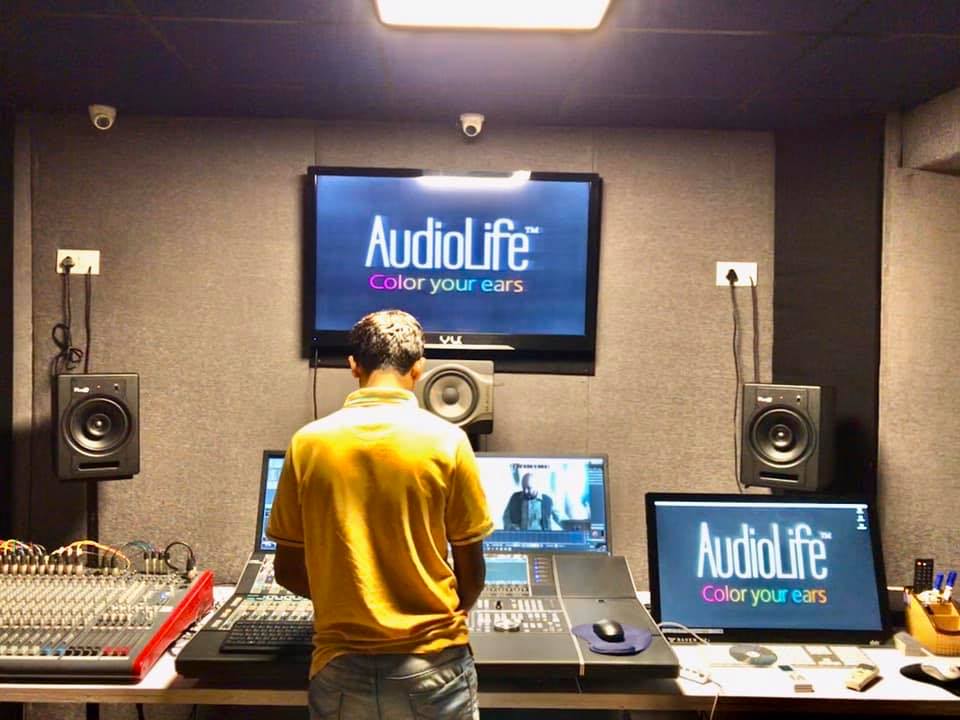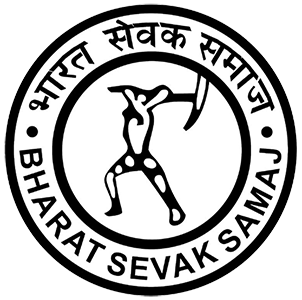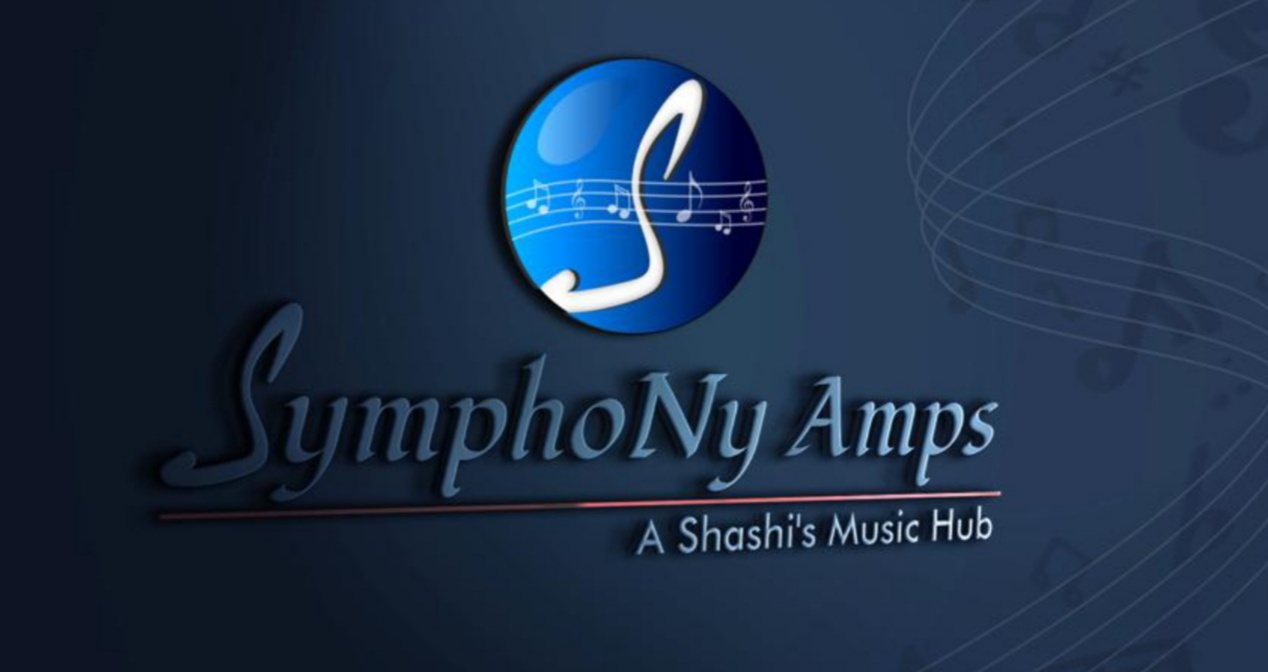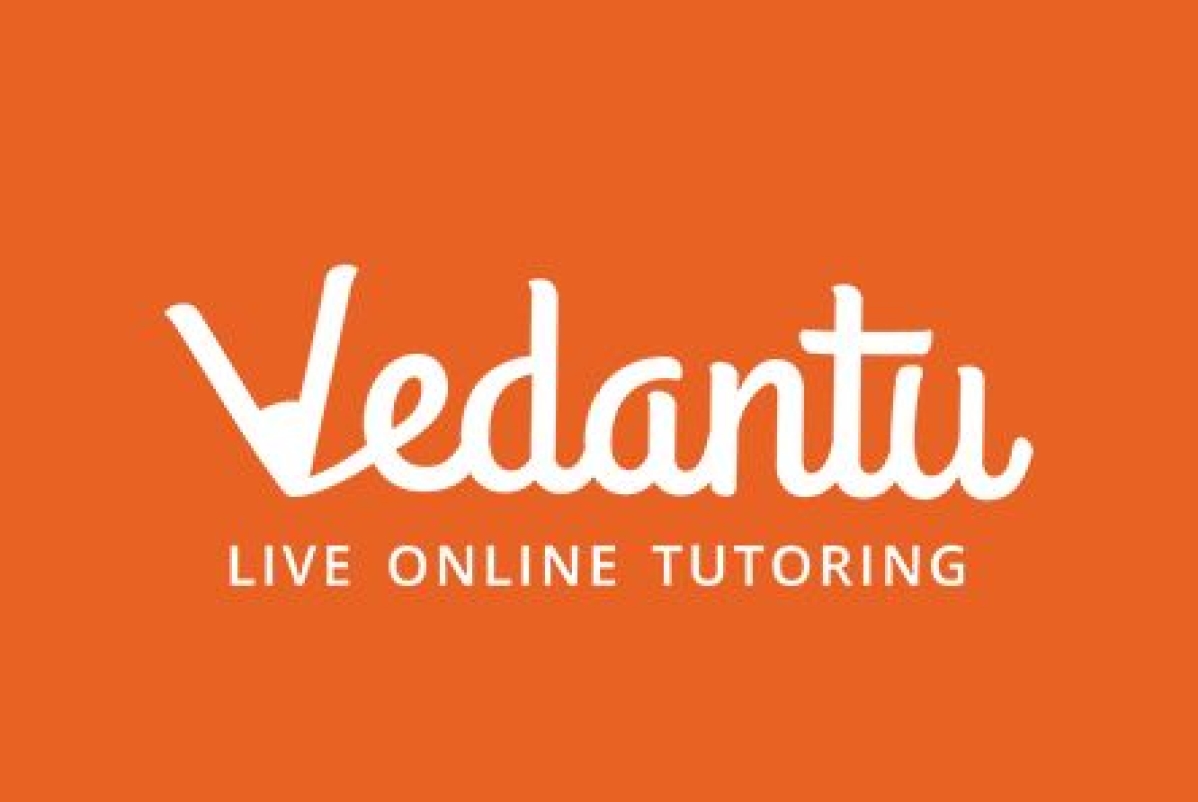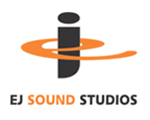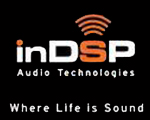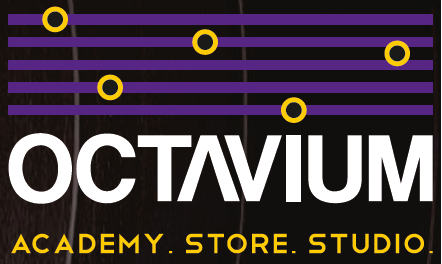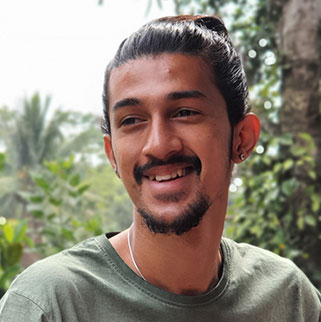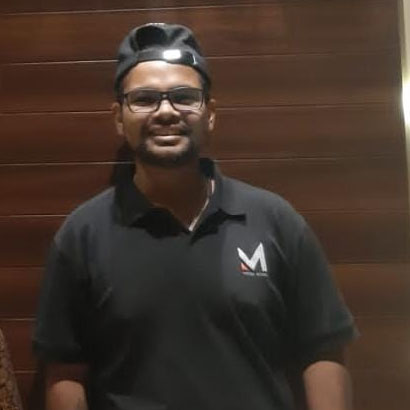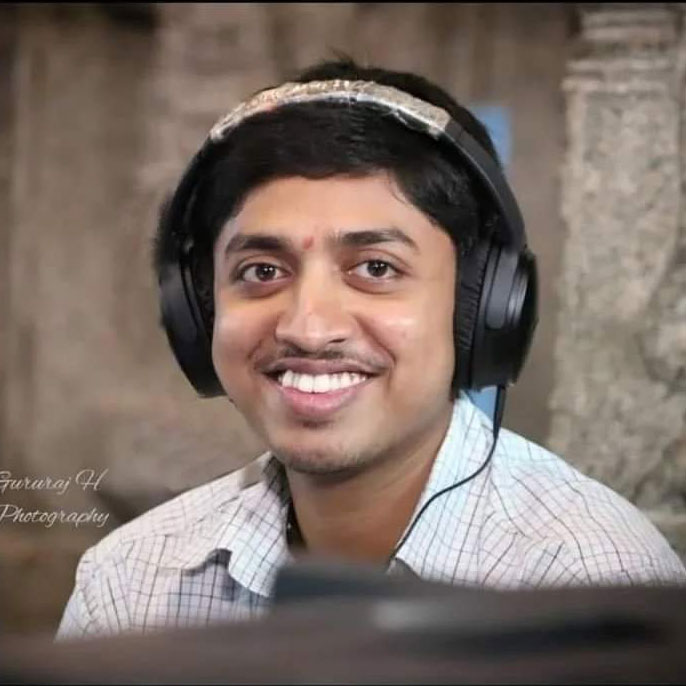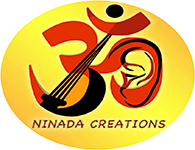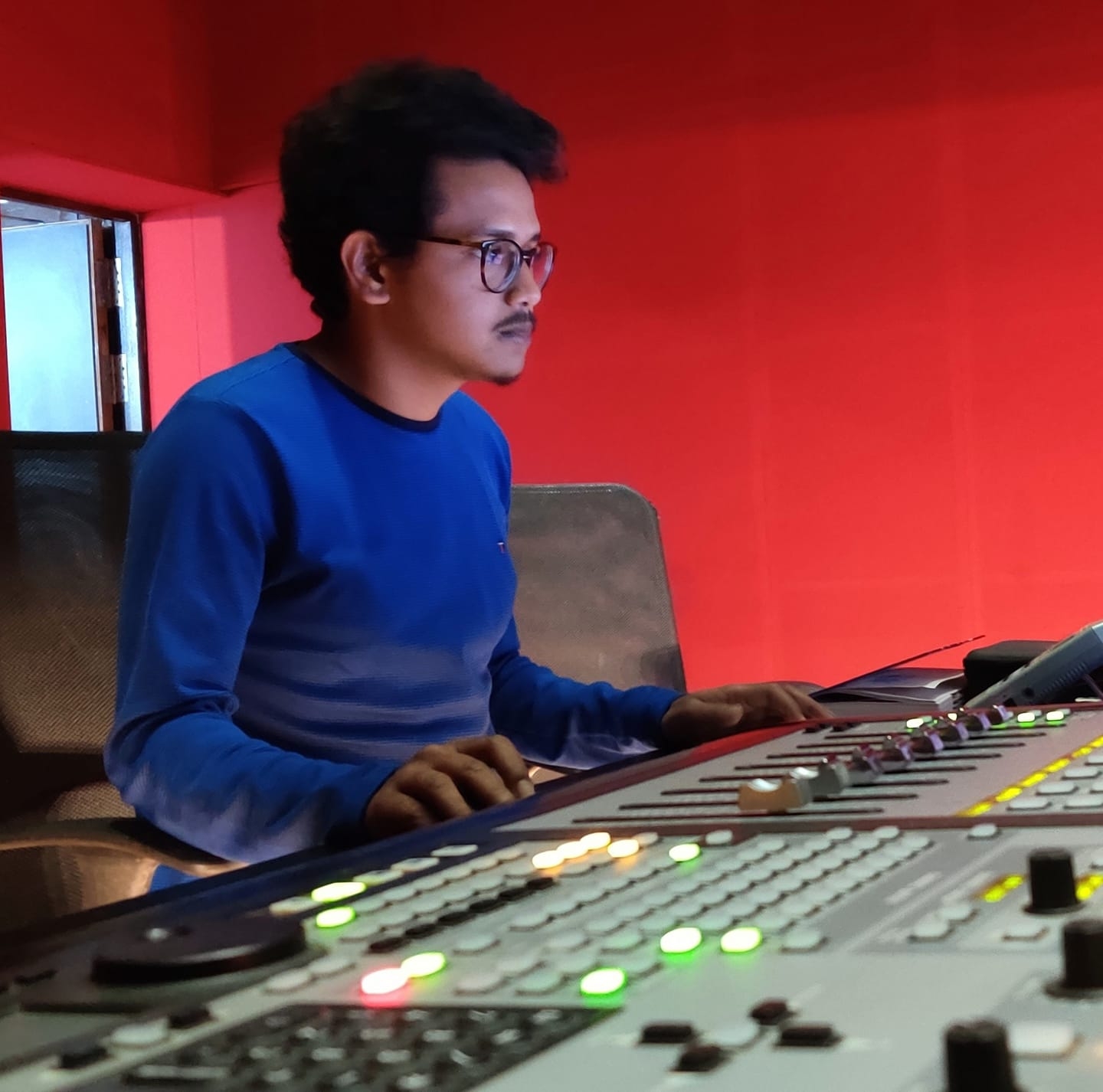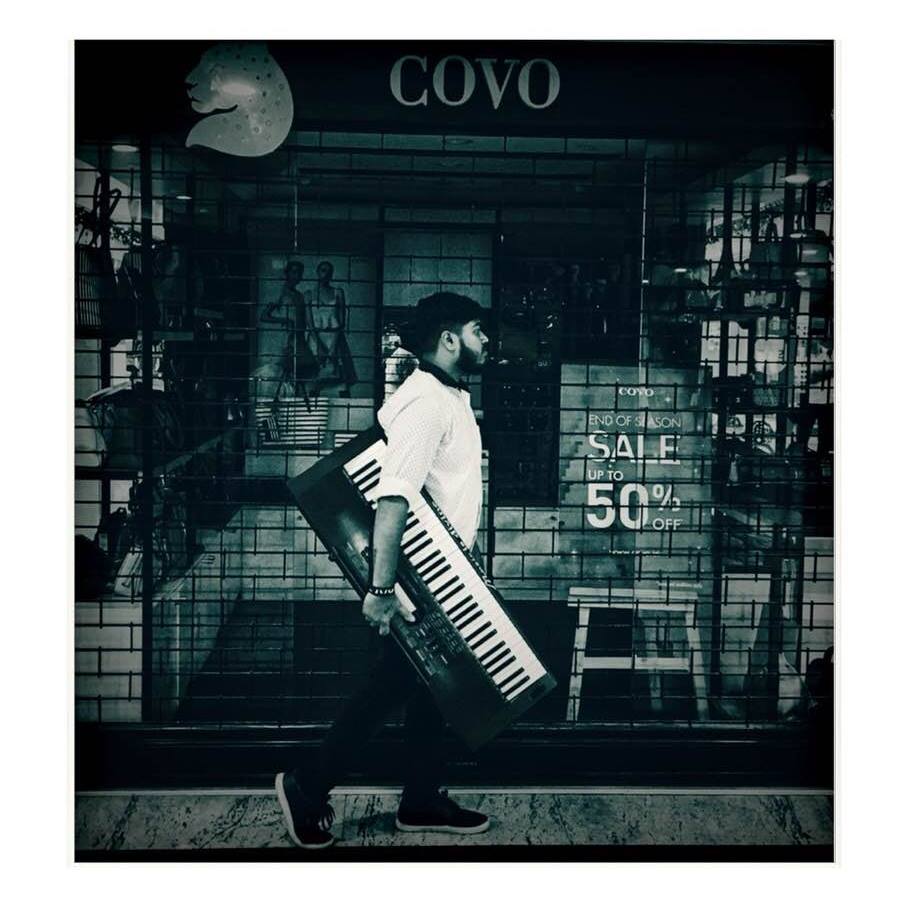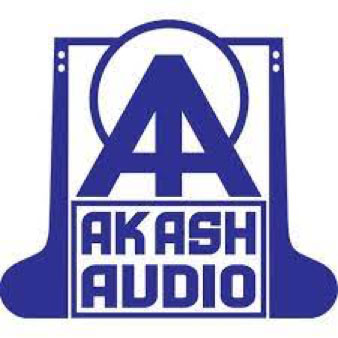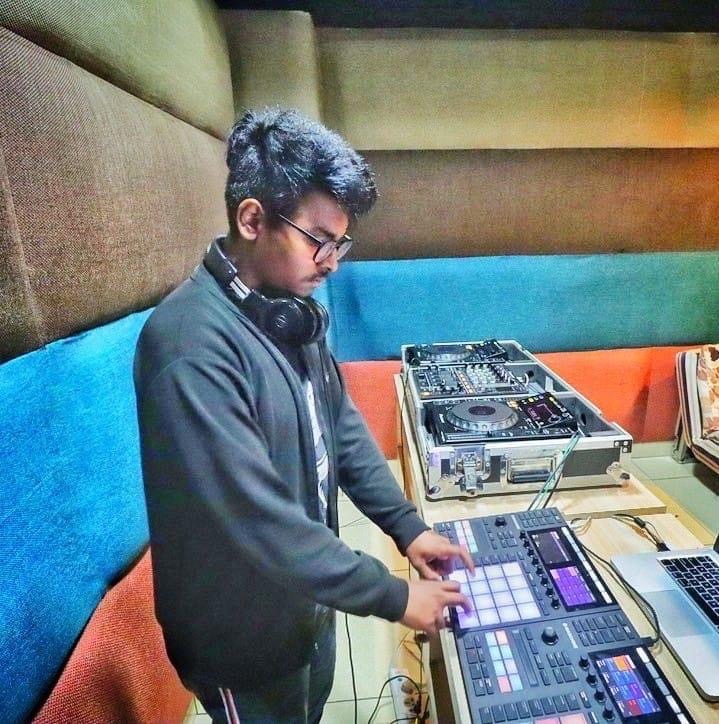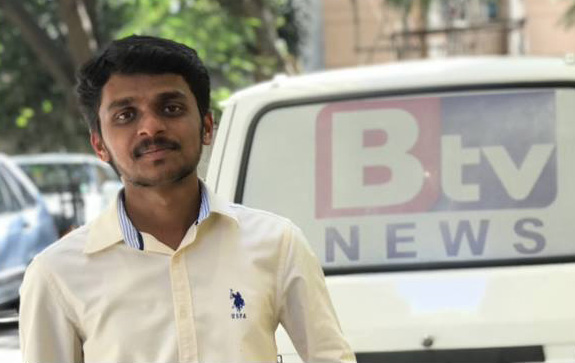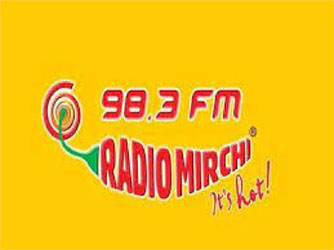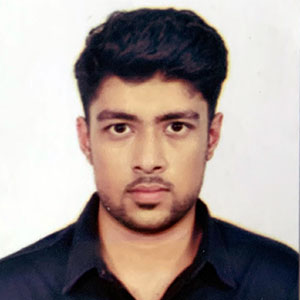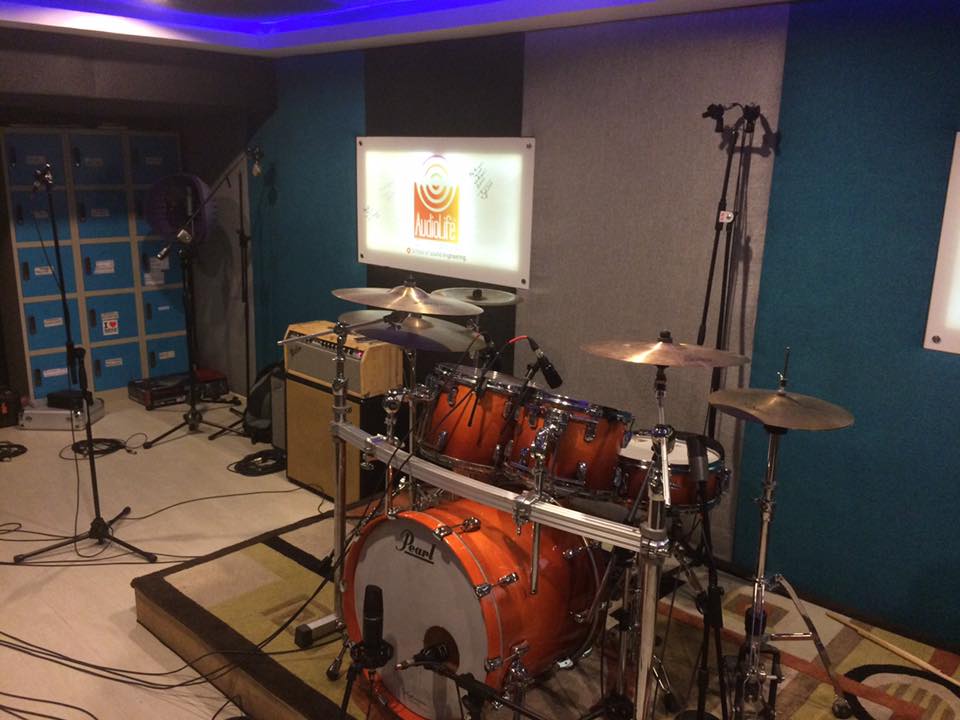Learning Modules
Duration: 1 YearThe complete signal flow of analog and Digital Mixers will be Explained with their circuits , A/D and D/A conversion Schematics , I/P and O/P signal path , inserts , Auxiliary inputs, Pre fader and Post fader and the Master section.
Students get to Know About various Analog and Digital Mixers and get Practical knowledge of gain staging and recording through these devices.
We introduce Various Processors and Filters used to shape your sound with compressors, equalisers, Reverbs and Various Modulation effects which are covered in full Detail including their circuit topology and Functions.
Followed by various Microphone Recording Techniques , Stereo Mic Techniques like X/Y, ORTF, Spaced Mic Setup, Drum Mics, Vocal Mic Setup , Instruments and Percussion Mic Setup and other techniques are practically explained to the Students.
This Section covers the Detailed Mixing Techniques using Industry standard Audio Plugins and Hardware units from Solid State Logic and others. Using a Hands on practical Approach, Students are taught how to shape up the audio from scratch and make it a Polished Record.
This Section covers the Detailed Mastering Techniques using Industry standard Audio Plugins and Hardware units from Solid State Logic and others. Using a Hands on practical Approach, Students are taught how to shape up the audio from scratch and make it a Polished Record.
Detailed concepts of Signal processing , Automation , Side chaining ,Metering , Limiting ,Track Groups , Audio Import and Export formats are covered , giving the Students a thorough Knowledge of Advanced Sound Engineering Concepts.
This section gives a complete insight into Industry Standard software Logic Pro. Every detail from the setting up your sound card , Track Laying, Editing to the arrangement window is covered.
We then introduce Various Processors and Filters used to shape your sound .Compressors, Equalisers, Reverbs and Various Modulation effects are covered in full Detail including their circuit topology and Functions.
This section gives a complete insight into Industry Standard software Logic Pro. Every detail from the stetting up your sound card , Track Laying, Editing to the arrangement window is covered.
We then introduce Various Processors and Filters used to shape your sound .Compressors, Equalisers, Reverbs and Various Modulation effects are covered in full Detail including their circuit topology and Functions.
A Film is Not Complete without its Sound Design. In this module we explore various aspects of sound design including Foley, FX Laying, Dialogue Dubbing & Matching, ADR takes, Combining dialogues, FX and Background score together to create the complete sound stage of a film.
Here we deal with Various Aspects of Live sound including, Systems Engineering, Setting up Microphones for a stage, Types of microphones to be used in a Live Performance. Crossover networks, Amplifiers and Loudspeakers.
We will have Real Time Live Setups organized for Students and Guest Lectures / Workshops from the most renowned Live Reinforcement Engineers in the Country!
